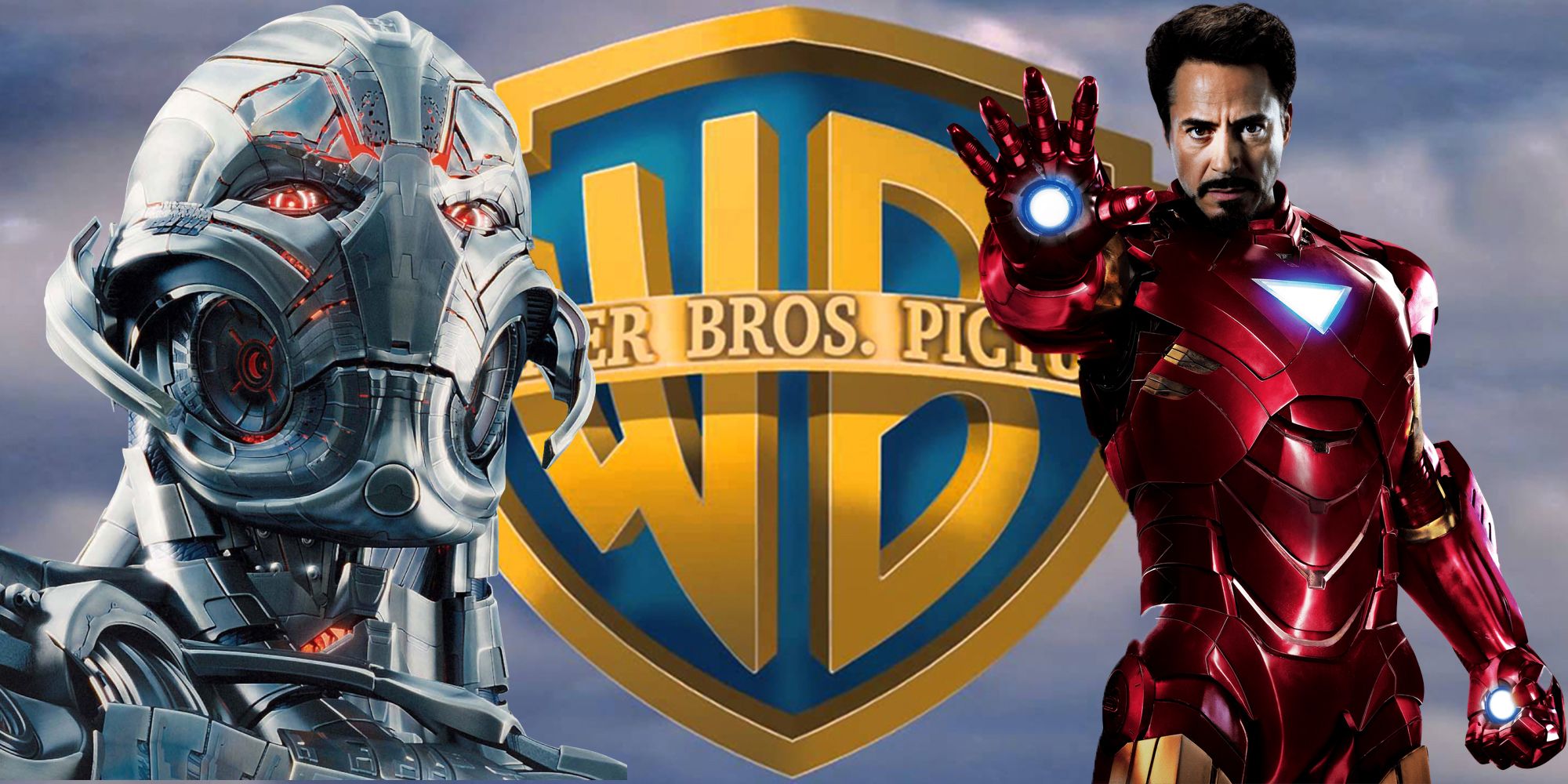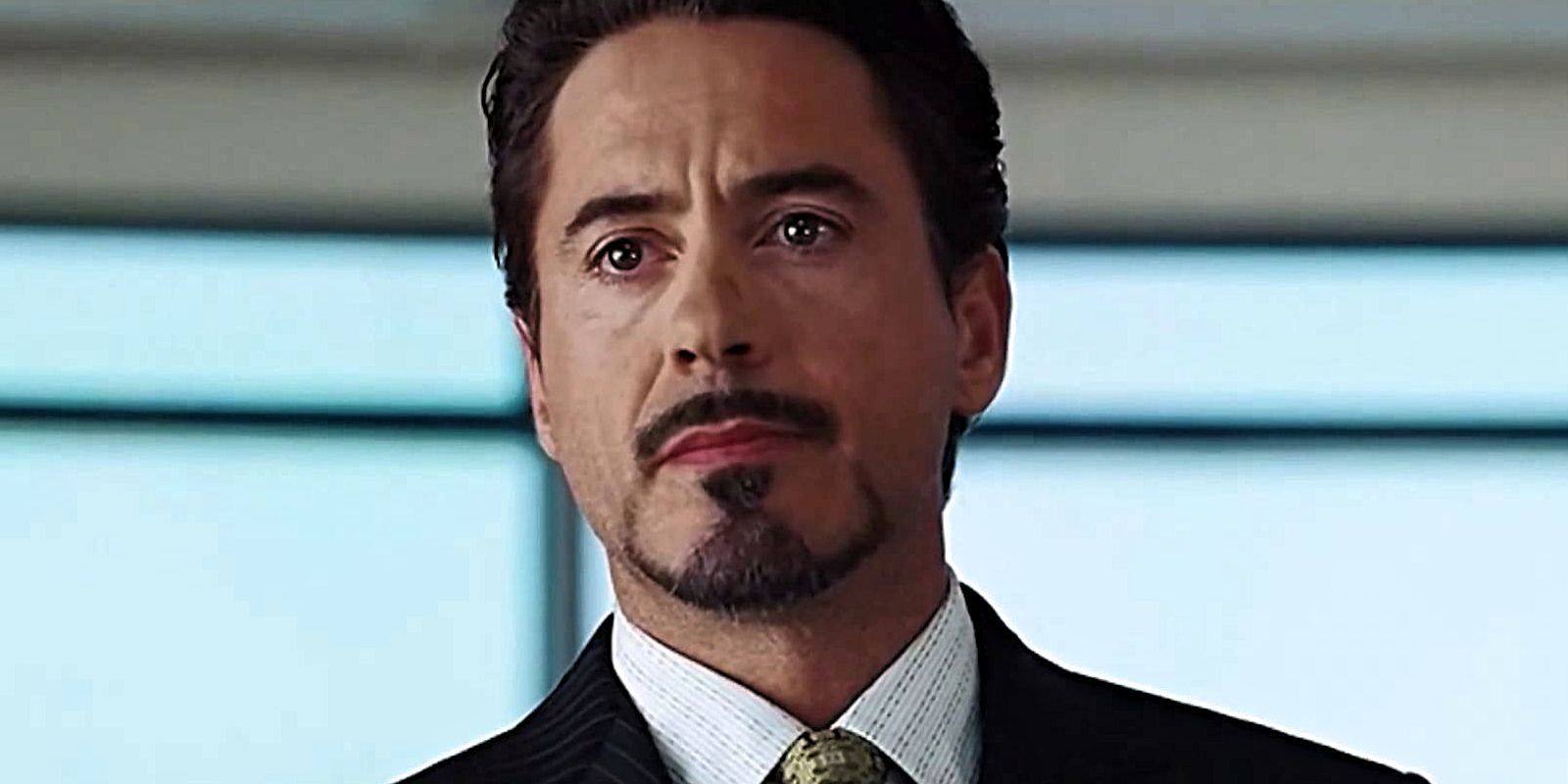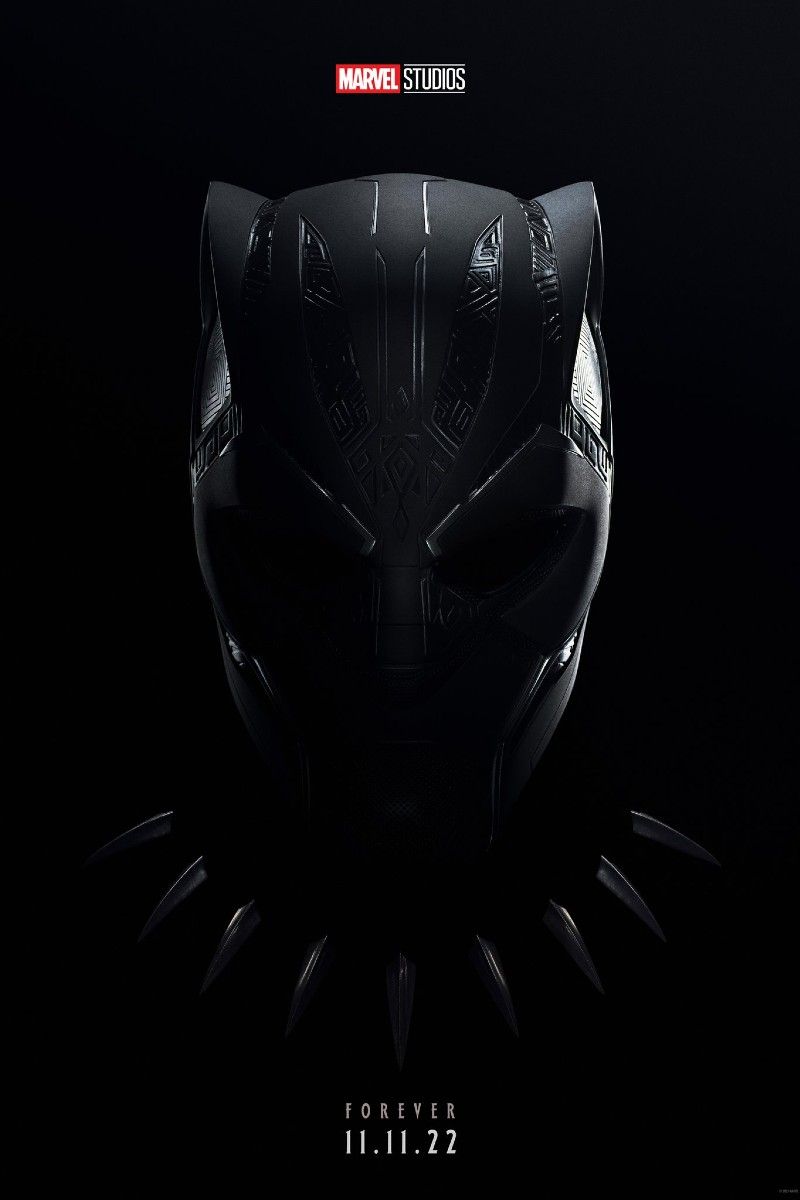Warner Bros.' plans to use artificial intelligence to inform their decisions likely would have stopped the creation of the Marvel Cinematic Universe, one of the riskiest and most profitable decisions in recent film history. If it were available in 2008 would WB’s new AI greenlight Iron Man?
To be fair, Warner Bros. has clarified that creative decision-making will still be in humans’ hands, and the AI will only be in charge of processing large amounts of audience data to predict which films will succeed based on budgets and talent. Nevertheless, the possibility that the AI would miss out on a franchise that grossed almost $23 billion worldwide should give executives pause.
The decision to begin the MCU came with serious financial and creative risk that an AI might not be able to calculate. The first installment of the Iron Man franchise starred an uninsurable actor (Robert Downey Jr) in a genre that, despite the early successes of the X-Men films, couldn’t be expected to take off the way it did. Considering both casting and genre, in 2008 the MCU's existence and Iron Man's success was unpredictable and not a guaranteed investment.
Of course, casting Robert Downey Jr. looks like a no-brainer in hindsight, with one of the best superhero movie performances of the last decade. He combines his quick delivery with Tony Stark’s sharp one-liners, and he has the natural swagger that screams rich industrialist playboy. And he’s a brilliant actor. Nominated for an Oscar for Chaplin and turning in a gutsy performance in the little-seen Restoration, Downey seemed destined for stardom in character-driven dramas before personal and legal troubles made him uninsurable. Most importantly, prior to Iron Man, he had no action films on his resume except for Air America and a few other movies with incidental action sequences. Actors like Tom Cruise, coming off of Mission Impossible III, Hugh Jackman, a fan-favorite as Wolverine, and Nicolas Cage, star of Ghost Rider and 90s action spectacles, were reportedly considered for the role of Iron Man, and pre-2008, their resumes might have been better fits for the comic book genre.
By 2008, the genre had its hits and misses. Marvel’s X-Men, Blade, and Sam Raimi’s Spider-Man franchises did well at the beginning of the decade, but by 2007, X-Men: Last Stand, Spider-Man 3, Blade: Trinity, two poor Fantastic Four movies, and Ghost Rider made it plausible that the superhero bubble had burst. AIs often look at market trends, and this genre was trending downwards, both in box office returns and artistic quality. Launching a new superhero franchise and following up Iron Man with The Incredible Hulk starring Edward Norton, the first film to include a cross-movie post-credits scene, after Ang Lee’s Hulk had disappointed five years earlier, would seem unwise.
AI is an emerging science, and for the untrained eye, AI’s mistakes often draw more attention than its successes; after all, when an iPhone’s predictive text offers a ludicrous suggestion, isn’t it more noticeable than all the times it suggests the right word? But in the complex world of creativity, talent, and art, human ingenuity and courage can pay off: director Jon Favreau and producer Kevin Feige inherently knew Downey Jr was the best casting for Tony Stark, loved the material, and believed in the project. Data-driven decisions may be the wave of the future, and Warner Bros. may be at the forefront, but if the past is any indication, there’s value in understanding that some things, like the MCU, just feel right.








